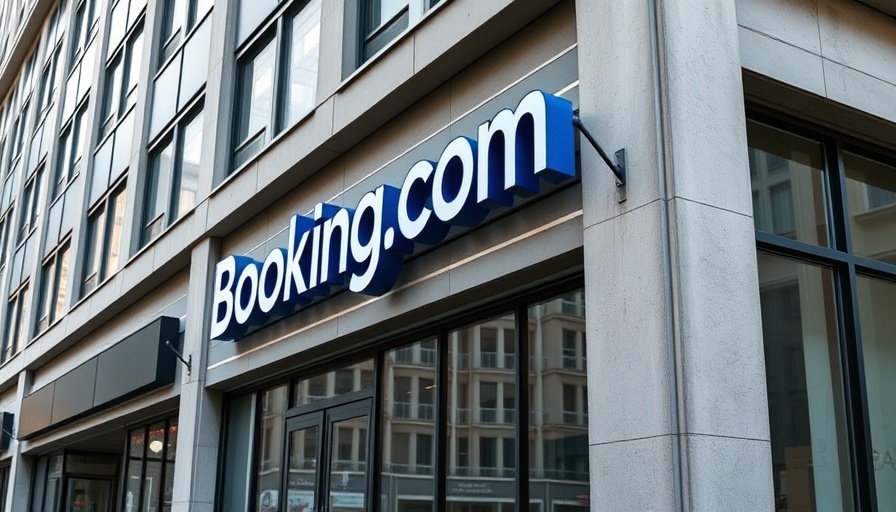
The Hotel Industry Stands United Against Booking.com
In a monumental move, more than 10,000 hotels across Europe have rallied together to initiate legal action against the online travel agency (OTA) Booking.com. The collective lawsuit challenges the platform's long-standing "best price" clause, which mandated hotels to offer the lowest rates on Booking compared to their own websites and other rival OTAs. This clause has been a contentious issue in the hospitality sector, raising questions about fairness and competition in an increasingly digital market.
A Shift in Policy: The EU’s Digital Markets Act
This legal action comes on the heels of the European Union's Digital Markets Act, which prompted the removal of the price parity clause in 2024. Despite its elimination, hotels are seeking damages for the period during which the clause was enforced, spanning from 2004 to 2024. This dramatic shift highlights the ongoing tension between traditional hotel businesses and OTAs, which have proliferated in the digital age.
Why Now? Understanding the Legal Push
The lawsuit, spearheaded by the Stichting Hotel Claims Alliance, has garnered backing from numerous hotel associations across Europe. Their initial filing in June was bolstered by a ruling from the European Court of Justice in September 2024, which deemed such parity clauses detrimental to competitive markets. As hotels band together, they assert that these clauses inhibited their ability to attract guests directly through their own booking channels.
Booking.com’s Defense: The Argument for Fair Market Practices
Booking.com has defended the previous clauses by arguing they help maintain fair market conditions and prevent "free-riding" among travelers. The company contends that these policies ensure that customers enjoy competitive pricing across various platforms, thus benefitting the consumer. However, the growing dissent among hoteliers suggests a major pushback against this rationale, as many assert that the clauses limited their pricing autonomy and directly affected their revenue.
Understanding Price Parity: Controversies and Consequences
Price parity clauses have been a subject of intense debate within the hospitality industry. Supporters argue that they help ensure consistency and prevent undercutting among competitors, which can lead to market destabilization. However, critics argue that they stifle competition and diminish a hotel’s ability to offer special deals or pricing incentives that could attract more patrons. This legal battle underscores the need for a careful reassessment of how such practices impact both providers and consumers in the hospitality market.
Looking Ahead: What This Means for Small Luxury Hotels
The outcome of this case could have profound implications for boutique hotels and small luxury establishments that often rely heavily on direct bookings for their survival. As travelers increasingly seek unique and personalized experiences, the ability of these hotels to market themselves without restrictions may become vital. The potential for lower commission rates from OTAs and greater pricing flexibility could result from this legal action, enabling them to enhance their offerings and attract a discerning clientele.
What Travelers Should Know
For travelers, these developments may translate into more competitive pricing as hotels gain a stronger footing in pricing their own accommodations. Boutique hotels and unique properties may emerge with new deals and packages tailored specifically for direct bookings. If hotels prevail in this lawsuit, guests could enjoy more opportunities to discover and book the best boutique hotels without the limitations posed by OTA pricing clauses.
Concluding Thoughts: The Call to Monitor Legal Outcomes
The legal challenges against Booking.com will likely evolve over time, but one thing is clear: the collective efforts of these European hotels signify a pivotal moment in the battle for fair competition in the travel industry. As consumers, staying informed on these developments will allow travelers to make smarter choices when booking their accommodations.
For more insights on boutique hotels and to discover unique offerings, make sure to explore your options and book directly through hotel websites, which may present exclusive deals that won't be found on OTAs.
 Add Row
Add Row  Add
Add 




Write A Comment